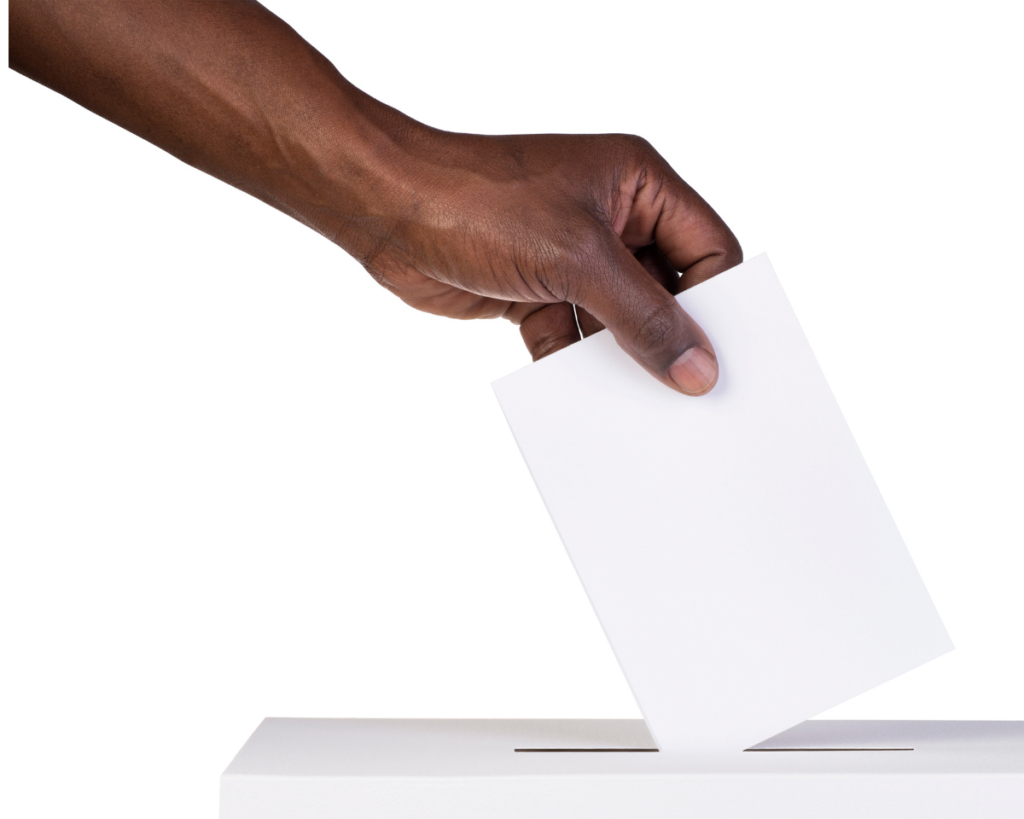In times of social unrest like those we are going through now, we tend to question our systems and review the social contract that brought us together. So as we question our education, justice and health care and systems, perhaps we should also examine the mother of all systems, our electoral process.
As I am writing this, we are just about a month away from election day, and yet again it appears very possible that the popular vote winner loses the electoral college. In other words, the person with the most votes could lose the election because he loses the electoral college. And, yes this can happen because it has happened: Two of the last four presidents became president while losing the electoral college.
Presidential elections are indirect. In simple terms, the electoral college is a representative vote. The number of electors each state holds is defined by the number of representatives it has plus its two senators. When the public goes to the polls on election day, voters are not directly electing the president, they are directing the votes of their electors.
Now, one may say that the electoral college and popular vote are the same thing, which is true at the state level; because to win the electoral college of a given state, a party would have to win the popular vote in that state.
Where the challenge comes in is at the national level. Unlike the senators and representatives, the president does not represent the interest or the citizens of a certain state, a president is elected to head the country and therefore every citizen should have the same say. Thus whoever wins the most votes in the country should become president.
The fact of the matter is our electoral system is sick, and the illness is too advanced to be fixed by the simple abolishment of the electoral college or the adoption of the national popular vote, but pursuing this debate is a step in the right path. Both the electoral college and the popular vote are far from perfect; they both have merits and present unique challenges.
The electoral college, in its current design is clearly not working for many Americans. It presents many challenges among which are flyover country vs. swing states, inequality of votes, and most importantly, the winner take all philosophy.
The flyover concept is based on the fact that each candidate certain states as a guaranteed win or loss, and thus an excuse to flyover that state and never pay a campaign visit. Flyover state citizens do not get the opportunity to hear both cases and arguments, and candidates rarely spend any money in such states.
Ultimately elections are decided by a few swing states, and candidates platforms are usually designed to appeal to the citizens of those states. In 2016 both candidates spent more time in Florida, Ohio, Pennsylvania, and North Carolina than they did in all the other states combined.
This is at least in part due to the winner-take-all reality, meaning that if a candidate wins Florida, even with a margin of 1%, that candidate carries all 29 electoral votes from that state. This process which is adopted by 48 states and the District of Columbia, disregards the opposing vote with no acknowledgement whatsoever.
This national popular vote initiative has its merits, and its implementation would address issues such as the inequality of votes, flyover states will also regain some power, as candidates fight for each vote even in states they have no prospects of winning.
Nonetheless, the popular vote alone will not fix the electoral process and it will certainly highlight other issues such as the dilemma of money in politics. A national popular vote would require candidates to travel, hire staff and campaign in every state, all of which will only make the already unreasonable cost of campaigns more exorbitant.
In any case, our electoral process is flawed, and to think that the abolishment of the electoral college or the adoption of the national popular is the magic solution would be a misapprehension of the issue.
Our electoral system is critical to the survival of our democracy, and to restore faith in this process, we cannot afford to leave race and voter suppression out of this conversation. We, as a society are living through an inflection point, and we must be intentional in our efforts.


